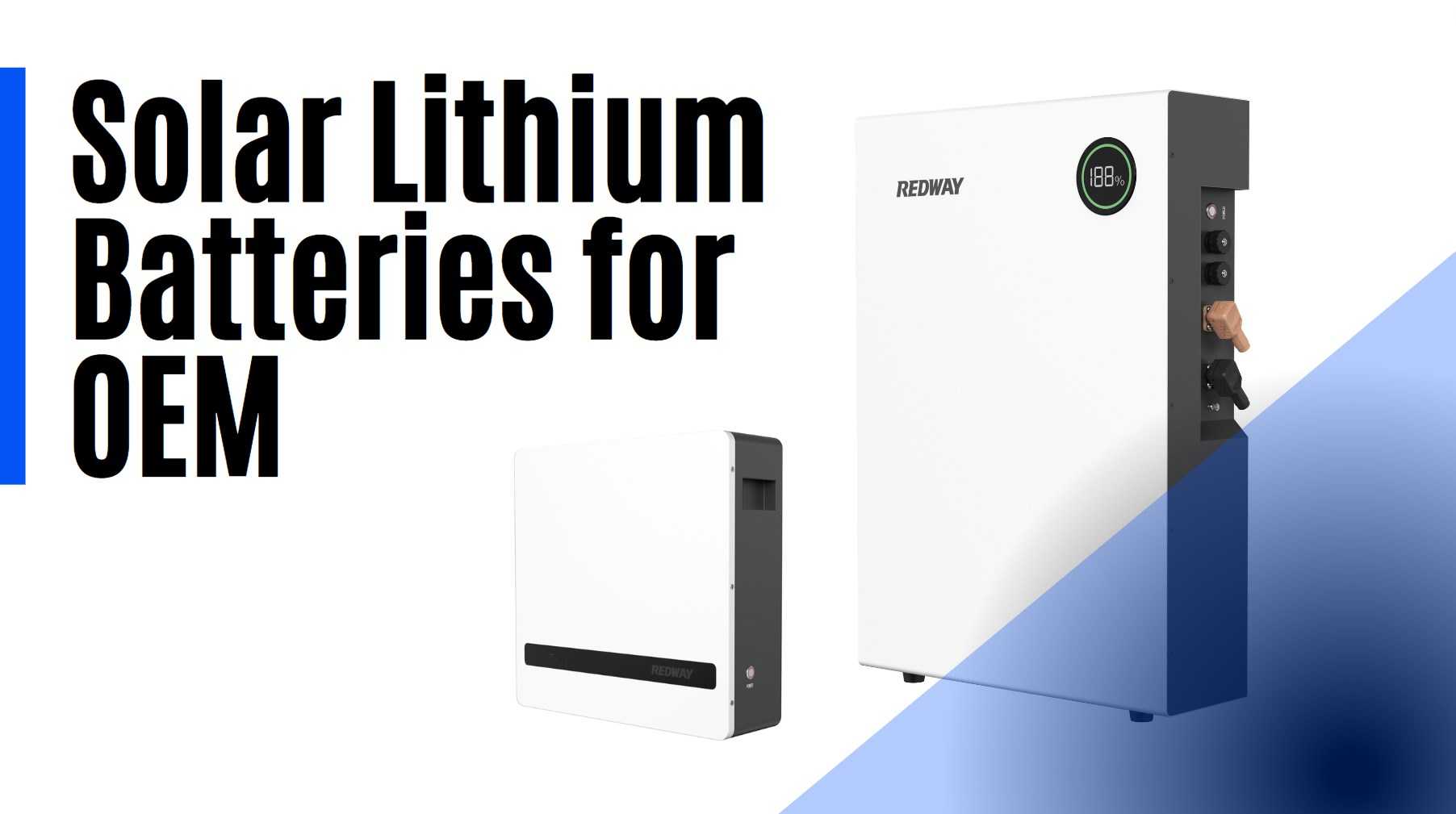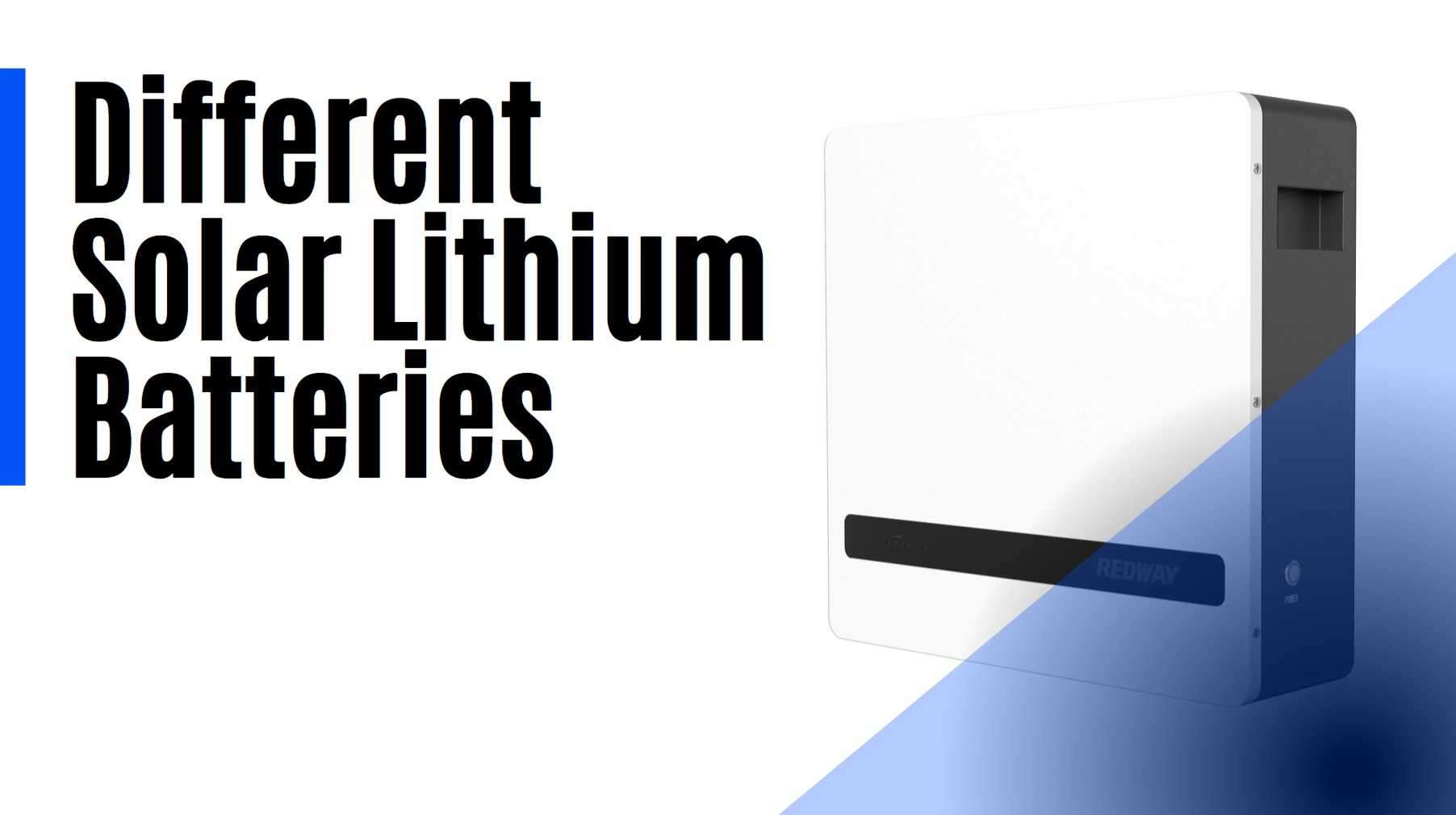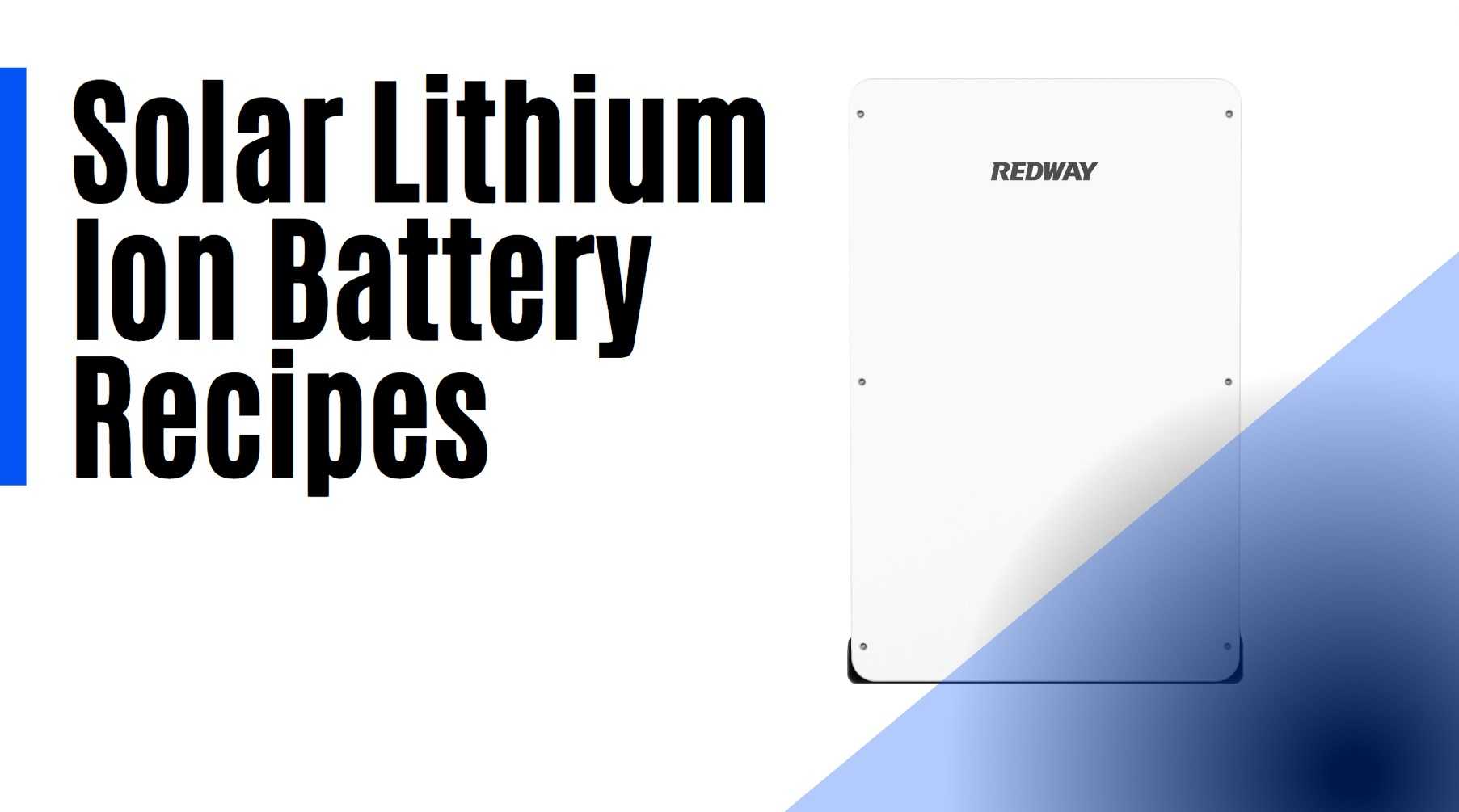Welcome to our comprehensive guide on Solar Lithium Ion Batteries tailored for OEM and manufacturing applications. In this article, we delve into the intricacies of these advanced energy storage solutions, helping you make informed decisions for your specific needs.
What are Solar Lithium Ion Batteries?
Solar lithium ion batteries represent a cutting-edge technology in energy storage, leveraging lithium ions to efficiently store and discharge energy. These batteries are particularly designed for solar applications, offering robust performance in off-grid scenarios and electric vehicle charging.
The Different Types of Solar Lithium Ion Batteries
Solar lithium ion batteries come in various types, each with unique characteristics:
Wholesale lithium golf cart batteries with 10-year life? Check here.
- Lithium Iron Phosphate (LiFePO4): Known for high thermal stability and long cycle life, LiFePO4 batteries are exceptionally safe and reliable.
- Lithium Manganese Oxide (LMO): These batteries boast high energy density, making them ideal for applications where space is a premium.
- Lithium Nickel Cobalt Aluminum Oxide (NCA): Balancing energy density with performance, NCA batteries are sought-after despite their higher cost.
Pros and Cons of Solar Lithium Ion Batteries
Solar lithium ion batteries offer several advantages:
Want OEM lithium forklift batteries at wholesale prices? Check here.
- High Efficiency: Efficient energy storage ensures maximum utilization over extended periods.
- Low Maintenance: Minimal upkeep requirements make them suitable for remote locations.
- Long Lifespan: Withstanding numerous charge-discharge cycles without significant capacity loss.
However, considerations include:
- Cost: Initial investment can be higher compared to traditional batteries.
- Safety Concerns: Proper handling is crucial to mitigate risks of overheating or overcharging.
Choosing the Best Solar Lithium Ion Battery
Selecting the optimal battery involves evaluating:
- Capacity: Matching energy storage needs with battery capacity.
- Voltage Requirements: Ensuring compatibility with your application’s voltage specifications.
- Environmental Suitability: Assessing performance under varied environmental conditions.
- Warranty: Evaluating manufacturer warranties to ensure long-term reliability.
Solar Lithium Ion Battery Recipes
Understanding battery recipes is essential:
Alternatives to Solar Lithium Ion Batteries
Consider alternatives like:
- Lead-Acid Batteries: Cost-effective but with lower energy density and lifespan.
- Nickel-Cadmium Batteries: Durable yet environmentally challenging.
- Emerging Technologies: Such as solid-state or flow-based systems, promising future alternatives.
Conclusion
In conclusion, solar lithium ion batteries stand out as superior choices for OEM and manufacturing applications, offering unmatched energy density, longevity, and environmental compatibility. By carefully assessing your requirements and understanding the diverse battery types available, you can make a confident decision that aligns with your goals for sustainable energy solutions.








